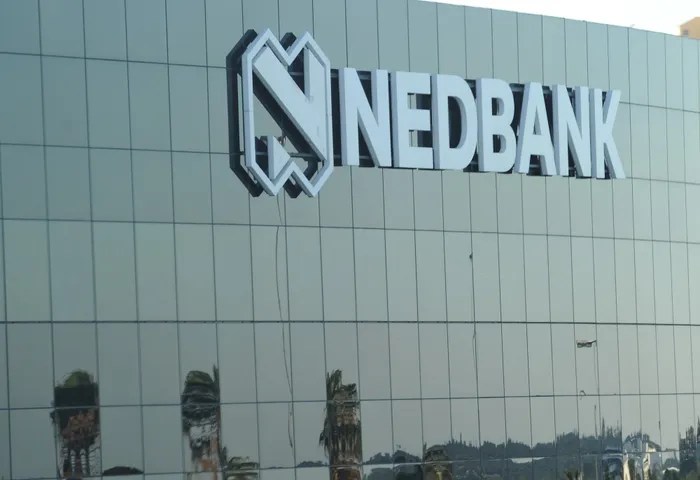Nedbank quietly pays Transnet R600 million over its role in Gupta-linked state capture deals

Nedbank Group has agreed to pay Transnet R600 million in a confidential commercial settlement relating to state capture
Image: File
The Nedbank Group has agreed to pay Transnet R600 million in a confidential commercial settlement relating to state capture, bringing an end to a year-long legal dispute over interest-rate swaps.
The settlement was announced in a joint statement on Tuesday.
However, it was reached without any admission of liability, following efforts by both parties to avoid prolonged litigation and preserve their long-standing business relationship.
“Transnet SOC Ltd (‘Transnet’) and Nedbank have agreed a commercial settlement of their ongoing litigation,” the statement said.
“In terms of the settlement, Nedbank Group has agreed to pay Transnet an amount of R600 million. Nedbank’s payment to Transnet is made without admission of liability and in full and final settlement of the dispute.”
Both companies said they stand by their previous statements regarding the litigation.
They described the resolution as being in the national interest, allowing the two long-time partners to continue supporting infrastructure investment and economic growth.
“Transnet and Nedbank have a long-standing relationship, and the settlement of this litigation allows them to continue to develop this important relationship in the national interest and for the furtherance of infrastructure investment and economic growth,” they said.
The litigation stems from interest-rate swap transactions concluded in 2015 and 2016 during Transnet’s multibillion-rand locomotives procurement programme, which featured prominently in the judicial inquiry into state capture.
A year ago, Nedbank had been preparing for a protracted legal battle with Transnet and the Special Investigating Unit (SIU), which sought to recover R2.7 billion it alleged were proceeds from the swaps.
Transnet and the SIU previously argued that the transactions formed part of a broader scheme that diverted public funds to Gupta-linked entities and that Nedbank should account for its role.
The swaps were concluded under the advice of Regiments Capital, a firm linked to the Gupta family, who allegedly used their political influence to bypass procurement processes and secure state contracts.
The judicial inquiry found the transactions potentially corrupt, though Nedbank maintained it was unaware of Regiments’ alleged collusion with Transnet officials or the Guptas.
Interest-rate swap transactions are typically concluded by large companies, banks and financial institutions to manage interest-rate risk. No principal amount is exchanged; only interest-payment obligations are settled.
In May 2019, Transnet’s executive manager for governance, Peter Volmink, testified that the capture of Transnet occurred through processes designed to override controls, including deviations from open bidding.
Transnet and the SIU said the swaps, highlighted in the Judicial Commission of Inquiry into Allegations of State Capture, Corruption and Fraud in the Public Sector, formed part of a broader scheme to misappropriate and divert public funds to Gupta-linked entities.
All of this occurred during the tenure of former Nedbank Group chief executive Mike Brown, who led the bank from 2010 until his retirement in May 2024.
During his 15 years at the helm, Brown earned just under R515 million, averaging about R94,000 a day.
He was succeeded in June by former Absa finance director Jason Quinn.
IOL